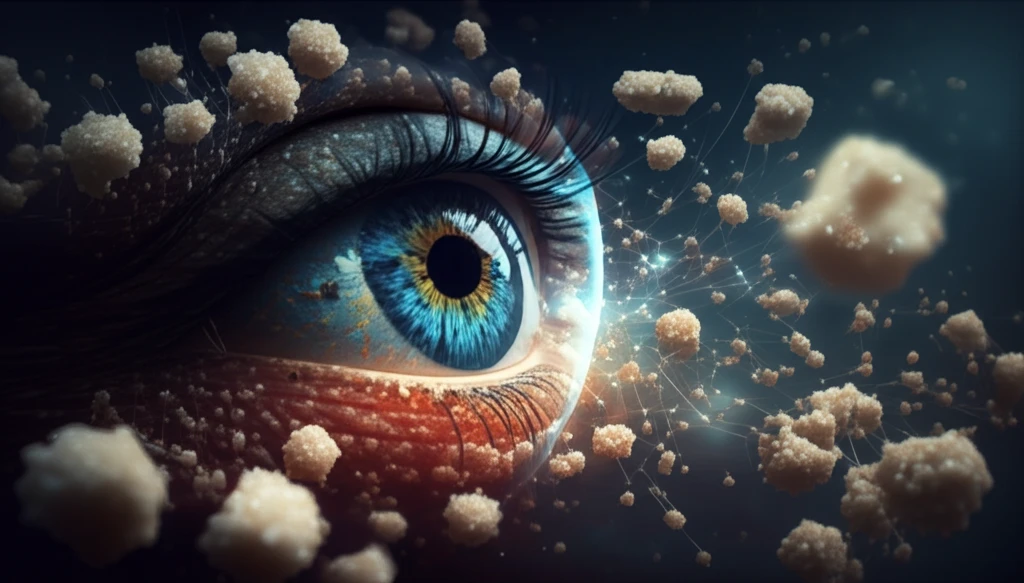
Diabetic Retinopathy: New Strategies to Protect Your Vision
"Discover the innovative therapies and lifestyle changes that can help manage and even reverse the effects of diabetic retinopathy, ensuring long-term eye health."
Diabetic retinopathy (DR) is a serious condition affecting millions worldwide, and it stands as the leading cause of vision loss among working-age adults. If you're managing diabetes, understanding DR and its potential impact on your vision is crucial. But there's good news: with advances in research and treatment, there are more ways than ever to protect your eyesight and manage this complex condition.
This article dives deep into the latest strategies for combating diabetic retinopathy, from innovative therapies to lifestyle adjustments. We'll explore how understanding the underlying causes of DR can empower you to take proactive steps, working closely with your healthcare team to maintain optimal eye health.
Whether you've just been diagnosed with diabetes or have been living with it for years, this guide offers practical advice and hope for a future where DR doesn't have to mean losing your vision. Let’s embark on this journey together, turning knowledge into action for healthier eyes and a brighter tomorrow.
What Causes Diabetic Retinopathy and How Can You Slow It Down?

Diabetic retinopathy is primarily caused by prolonged periods of high blood sugar levels, which can damage the tiny blood vessels in the retina. Understanding this process is the first step in taking control of your eye health. When blood sugar levels are consistently high, these vessels can become blocked, weakened, or leaky, leading to a cascade of problems that affect vision.
- High Blood Sugar: Prolonged hyperglycemia leads to the overproduction of harmful molecules like superoxide, contributing to oxidative stress.
- Oxidative Stress: This imbalance damages cellular structures and impairs normal function within the retina.
- Vascular Endothelial Growth Factor (VEGF): Hypoxia triggers the release of VEGF, promoting the growth of new blood vessels (neovascularization) that are often fragile and prone to leaking.
- Inflammation: High glucose levels also activate inflammatory pathways, further damaging retinal cells and blood vessels.
The Future of DR Treatment: Targeted Therapies and Hope for Vision Preservation
While living with diabetes and the risk of diabetic retinopathy can be daunting, advancements in research and treatment offer real hope. By staying informed, proactive, and working closely with your healthcare team, you can take meaningful steps to protect your vision and maintain a high quality of life. The future of DR treatment is bright, with targeted therapies and regenerative approaches on the horizon, paving the way for even more effective ways to preserve and restore vision. Stay positive, stay informed, and keep those regular eye appointments!
